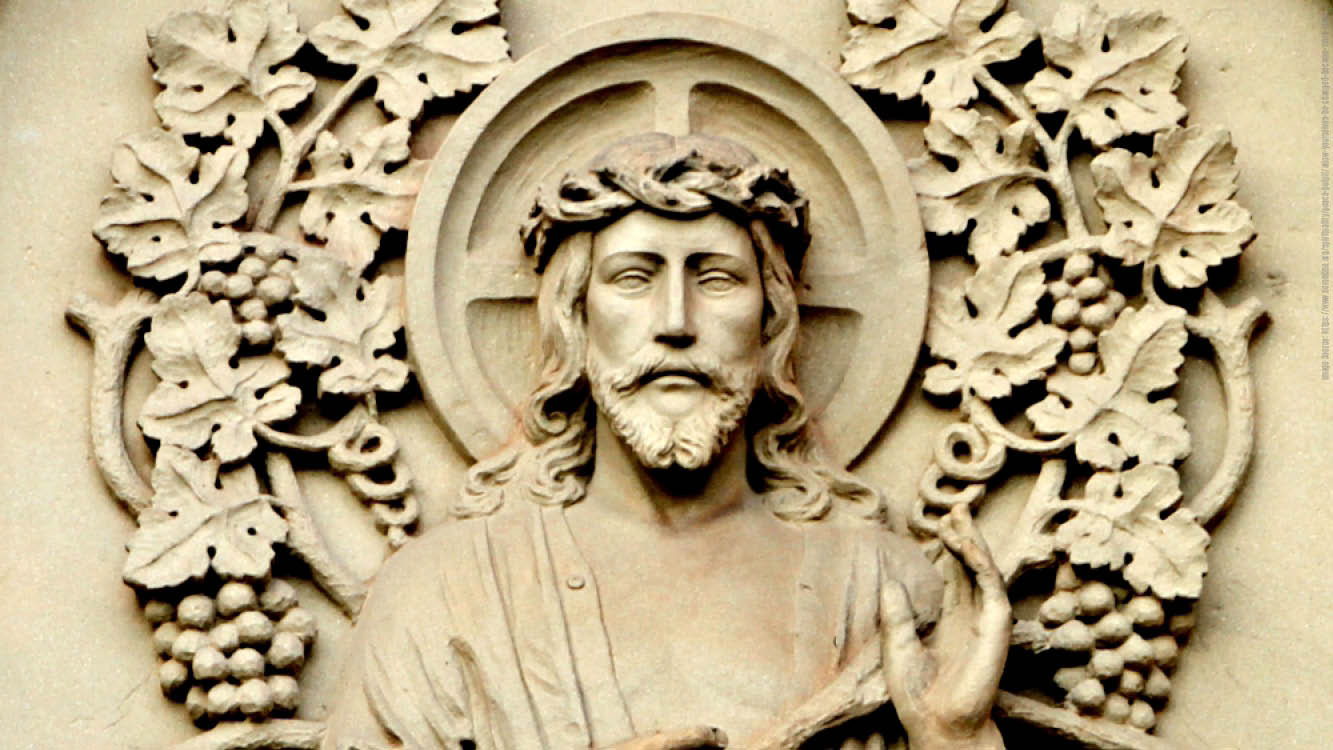Reflection on the Gospel of the Friday
|
Luke 19: 45-48 |
In today’s gospel Jesus upon entering the Holy City, cleanses the Temple. The money-changers in the Temple courtyard provided a necessary service-selling doves and lambs to pilgrims for ritual sacrifices. The business transactions would have taken place in the Court of the Gentiles, surrounded by the Royal Portico, which was constructed for this very purpose. It was the only area of the Temple complex where Gentiles were allowed to come to pray, to give sacrifices that priests would take to the altar for them and to be instructed about the One True God.
The merchants in the Temple area were selling doves that were the sacrifices of the poor, for women and lepers (Lev 12:6-8; 14:22; 15:14, 29). They were also exchanging coins that bore pagan images or the images of the Roman emperor that were not accepted to purchase sacrifices or for Temple donations. These could be exchanged for Tyrian coins that bore no forbidden images (Ex 30:11-16). Jesus going to the Temple fulfills the prophecy of the 6th century BC prophet Malachi: And suddenly there will come to the Temple the LORD whom you seek, and the messenger of the covenant whom you desire. Yes, he is coming, says the LORD of hosts, but who will endure the day of his coming (Mal 3:1b-2a)? His actions in driving out the merchants also fulfill the prophecy of the 6th century BC prophet Zechariah that in the era of the Messiah …there shall no longer be any merchant in the house of the LORD of hosts (Zec 14:21).
The merchants used the Temple sanctuary for their trade, taking unfair advantage of the religious pilgrims. They transformed the temple, a house of prayer into a market-place, a place of business, of buying and selling. Jesus reacted with righteous anger because of their failure to respect the sacredness of his Father’s house.
By cleansing the temple of the merchants and then turning to instruct the people, Jesus claims the temple for himself and thus reconstitutes it for the kingdom of God.




